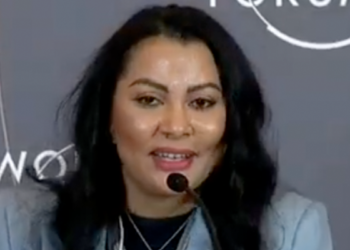The US Supreme Court has dismissed a legal effort to restrict access to the abortion pill mifepristone.
The justices ruled that the plaintiffs, a coalition of anti-abortion doctors and activists, lacked the legal standing to sue.
This decision marks a significant victory for pro-choice advocates, coming two years after the court overturned Roe v. Wade, which had guaranteed nationwide access to abortion.
Mifepristone, used in combination with misoprostol, is a key drug in medication abortions, the most common method of terminating pregnancies in the United States.
The Alliance for Hippocratic Medicine, the group behind the challenge, argued that the FDA’s approval of mifepristone should be revoked. However, the Supreme Court’s decision ensures continued access to this medication.
Since Roe v. Wade was overturned in 2022, 21 states have enacted stricter abortion laws, with 17 banning the procedure at six weeks or earlier. In response, medication abortion, often facilitated by mail-order pills, has become a critical method for those seeking to terminate pregnancies in restrictive states.
Approved by the FDA in 2000, the two-drug regimen is used up to 10 weeks of pregnancy. Mifepristone initiates the abortion process, while misoprostol completes it by emptying the uterus. Since 2016, the FDA has eased access to these drugs, allowing for telehealth consultations and mail delivery of prescriptions.
Both the FDA and major medical organizations, including the American College of Obstetrics and Gynecologists, affirm the safety and efficacy of mifepristone and misoprostol. Studies show that medication abortion is about 95% effective and rarely requires additional medical intervention.
Pro-choice advocates hail the Supreme Court’s decision as a crucial step in protecting reproductive rights amidst increasing state-level restrictions.











